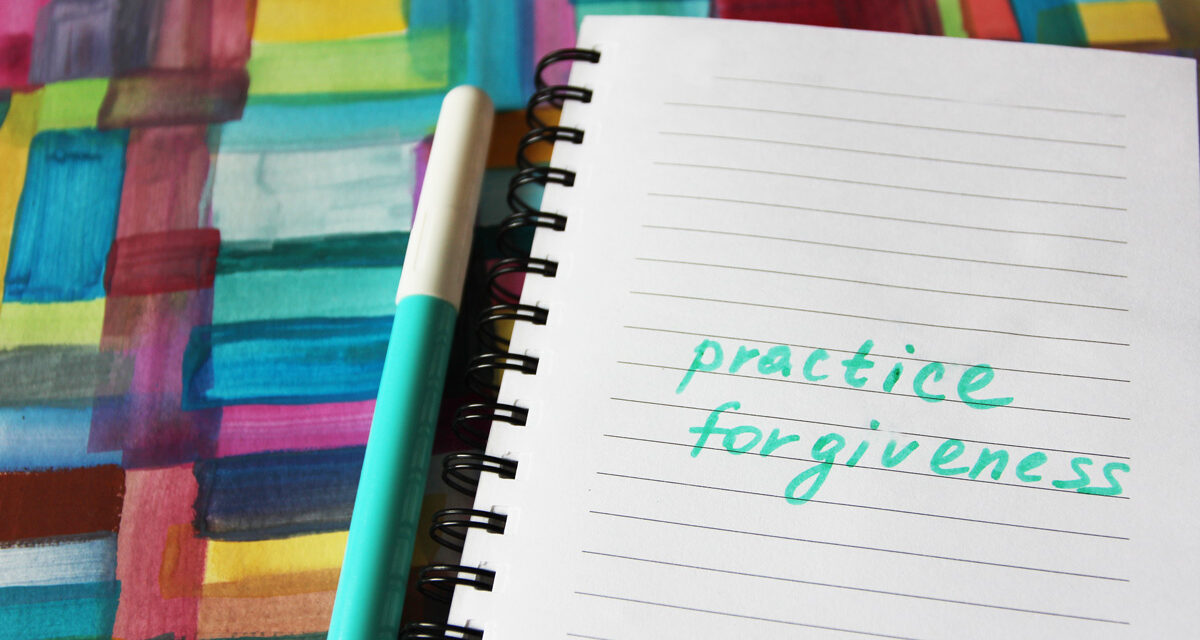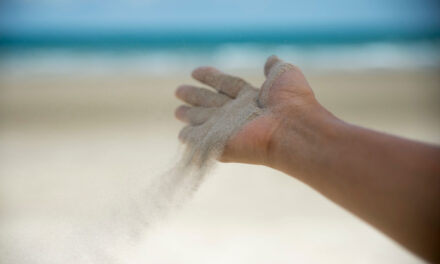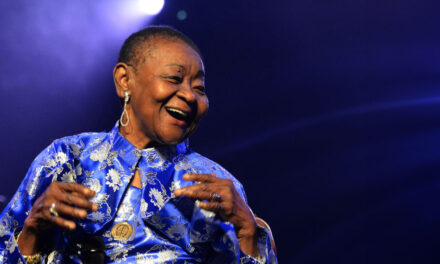Can we pour from an empty cup? It’s a poignant reminder of the importance of self-love and forgiveness. Often, we readily give to others what we may deny ourselves.
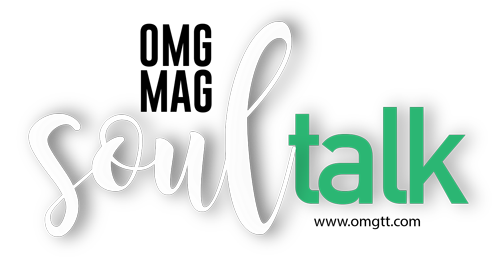 Forgiveness often takes centre stage in the intricate tapestry of human interactions, but what about the often-overlooked act of forgiving oneself? In the pursuit of compassion, do we extend the same grace to our own hearts and minds?
Forgiveness often takes centre stage in the intricate tapestry of human interactions, but what about the often-overlooked act of forgiving oneself? In the pursuit of compassion, do we extend the same grace to our own hearts and minds?
They say we are our own worst enemies, a sentiment I came to intimately understand as I grappled with the weight of self-criticism, a burden woven into the complexities of our shared existence. It’s a realisation that hit home: how harshly I judged myself for the very things that make us undeniably human.
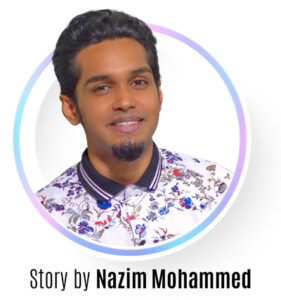 As children, we are sponges, soaking in the behaviours of our surroundings before evolving into independent thinkers. In my own journey, I recognised the echoes of my upbringing, where conflicts were met with guilt and shame. When discord arose, I found myself not only attempting to navigate the storm but simultaneously berating and condemning myself.
As children, we are sponges, soaking in the behaviours of our surroundings before evolving into independent thinkers. In my own journey, I recognised the echoes of my upbringing, where conflicts were met with guilt and shame. When discord arose, I found myself not only attempting to navigate the storm but simultaneously berating and condemning myself.
This coping mechanism persisted into my early twenties, surfacing prominently in relationships. Reflecting on my actions, I identified a familiar pattern – a form of silent treatment or stonewalling that aimed to shield me from the discomfort of confrontation. Unbeknownst to me, this self-preserving tactic took a toll on my relationships. Guilt became my constant companion, stemming from a place of psychological overwhelm rather than intentional harm. In those intense moments, I was wrestling with the legacy of negative emotions stored since childhood, which had robbed me of my voice and the ability to express my thoughts and feelings about life’s challenges.
Through profound self-reflection, I realised that my actions were not driven by malice but by a lack of awareness. In acknowledging this, I uncovered a reservoir of compassion within myself. It was an acknowledgement that, had I known better, I would have acted differently, “when yuh know better, yuh will do better”. The journey towards self-forgiveness became a path to understanding and untangling the threads of my past that had unwittingly woven into my adult life.
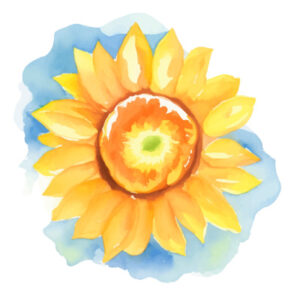 This is not about making excuses for past mistakes but treating oneself with the same compassion and love we readily offer others. As a confidant, I realised that if I could extend these qualities to others, they already existed within me. It was a transformative revelation that paved the way for a more compassionate and forgiving self.
This is not about making excuses for past mistakes but treating oneself with the same compassion and love we readily offer others. As a confidant, I realised that if I could extend these qualities to others, they already existed within me. It was a transformative revelation that paved the way for a more compassionate and forgiving self.
Self-forgiveness, I discovered, is no easy feat. It requires acknowledging and addressing the pieces within us that yearn for healing and growth. Unlearning past behaviours to relearn healthier responses becomes necessary in this journey of personal evolution. It demands dedication and the will to become the best version of oneself.
Taking a moment to acknowledge our uniqueness and extending the grace to forgive the versions of ourselves that we didn’t know better becomes a transformative act. As we evolve and gain understanding, the capacity to do better arises, marking the beginning of a profound journey towards self-compassion, growth and, ultimately, love ■
